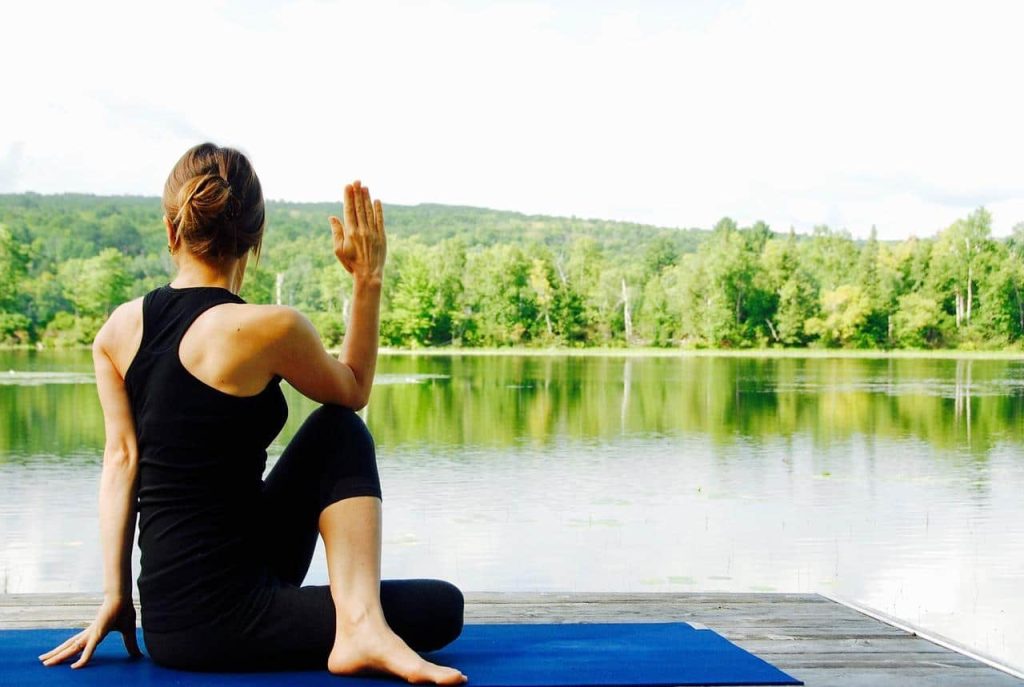There is no one path to recovery from addiction. One system may work wonders for one, and not at all for another. That’s why it’s important to do your research to see what would work best for you. And thankfully, there are many options available. Wherehab knows recovery can’t be accomplished with a cookie cutter approach. Here are some alternative methods and when you should use them.
When or When Not
Various alternative therapies have existed for quite some time now, and their efficacy is documented and proven. If you feel an aspect of your health is not being met or that your traditional therapy is treating the symptoms but not the cause, you may want to seek alternative recovery methods to supplement your treatment.
Many centers offer various supplements that you may find useful and fulfilling, such as acupuncture, biofeedback, yoga and meditation, qigong and nutritional guidance.
Diet alone can play a surprisingly important role in your recovery. As HereToHelp explains, an addiction often drains your body and habits of vital nutrition. Replenishing your body of what you’ve lost due to skipped meals, metabolic shifts, digestive damage, and so forth, should be a focus in your recovery. A nutrition specialist can help you hone in on specifics, but by adding certain supplements, you’ll soon feel the benefits. As just one example, a greens powder can help you meet the daily nutritional requirements your body needs from fruits and vegetables.
Alternative therapies may also support a wider group of people than traditional 12-step programs. Many traditional programs emphasize religion or seeking assistance from a higher power. If that does not resonate with your personal belief system, you may desire to look elsewhere. However, if you are religious or are currently happy with your traditional recovery methodology, there may be no need to seek further therapies.
Holistic Therapy
Holistic therapy doesn’t simply focus on the symptoms from which you currently suffer; it treats the whole person. It’s a natural, noninvasive way to restore balance to the body and mind and help you find other ways to cope with negative feelings, as opposed to using drugs and alcohol.
There are many paths you can take towards this balance. Meditation and deep breathing is a way to help focus and empower your mind to give you clarity and strength. Yoga and acupuncture are physical things you can do to help cope with stress and addictive behavior. These practices not only help you relax, they may release good chemicals in your brain to help you overcome cravings and feel healthier overall.
These treatments look at you as a whole individual, and give personalized help based on what you’re looking for and what you need specifically. You’re more than just someone in recovery, after all. You’re an individual who has dynamic needs and a unique history. Your treatment may be completely different from someone else’s, and that’s okay. Holistic therapy embraces individuality and recognizes there are skills and techniques that exist outside the usual sphere of recovery practices.
Various Focuses
There are various focuses that your alternative therapy may take. Art, dance, music, and equine therapies all offer different benefits. These forms of therapy are suggested to boost motivation, to give new enjoyment in life, and give one a feeling of control over oneself and one’s life.
One of the beautiful things about creative supplemental treatment is how many different ways there are to use them. You could try ballet or modern dance classes. There are various mediums of art, from painting and sketching to digital art. You could learn any number of instruments or simply listen to a specific playlist during your meditation or therapy sessions.
If you’re looking for something more interactive, Psychology Today notes equine therapy may be what you need to develop confidence, learn trust, and find how to communicate with yourself openly and honestly. All of these therapies offer advantages, especially when used in supplement to more direct treatment.
Don’t hesitate to speak up for yourself. If you need more from your treatment, get what you need to feel well and healthy again. You deserve success and strength with whatever assistance you need to get there.
Looking for more information on matching a recovery program to your personal needs? Connect with Wherehab.
Image Courtesy of Pixabay.com



0 Comments
Join the conversation